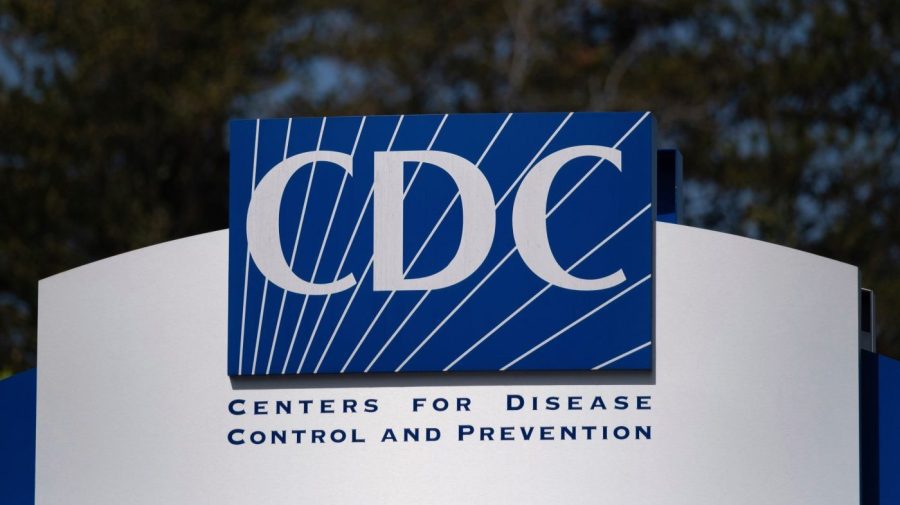In a poignant exchange of letters, two mothers express their struggles with emotional challenges stemming from family crises. One mother grapples with a cancer recurrence while the other faces alarming behavior from her adult son. Both stories highlight the complexities of familial relationships in times of distress.
Cancer Recurrence Stirs Concern for a Daughter
A mother, who identifies herself as Balancing Burdens, recently received troubling news: her cancer has returned. Despite a grim prognosis, she currently feels well and is considering treatment options alongside her supportive husband. The challenge lies in how to inform her daughter, who is already overwhelmed with the demands of raising three young children, including newborn twins and a six-year-old daughter.
The mother has dedicated much of her life to her daughter’s well-being, especially following the tragic suicide of her first husband four years ago. With her daughter now married to a supportive partner, Balancing Burdens is unsure how to share her health news without adding to her daughter’s stress.
In her advice, columnist Annie Lane emphasizes the importance of honesty. She advises that while there is never a perfect time to deliver such news, delaying the conversation could leave the daughter feeling blindsided. Lane suggests that the mother share her diagnosis, treatment plans, and the support she has at home. “Let her know your cancer is back. Other details can follow later,” Lane writes, highlighting the need for open communication in their relationship.
A Troubling Encounter with an Adult Son
In another letter, a mother known as Mother Driven Away recounts a disturbing incident involving her 23-year-old son. The pair had recently enjoyed a hiking trip in Maine, where they explored Baxter State Park and Acadia National Park. However, tensions escalated after a phone call from her ex-husband, leading to the son displaying aggressive behavior towards her.
Following the trip, during a drive home, the son violently grabbed the steering wheel and threatened his mother, saying, “I’m going to kill you.” After regaining control of the vehicle, the situation worsened when he made additional threats upon arriving at home. The mother expressed confusion over her son’s actions, especially given his education and successful career.
Lane responded with concern, stressing the seriousness of the son’s behavior, which she described as dangerous. She advises the mother to avoid being alone with her son until he seeks help and takes accountability for his actions. While acknowledging the potential influence of the father’s behavior, Lane emphasizes that the son is an adult responsible for his conduct.
As a means of reconnecting, Lane suggests the mother send a letter expressing her love and desire to mend their relationship, while also prioritizing her own safety. She encourages the mother to seek therapy or legal counsel if necessary, as safety must remain the priority.
Both letters highlight the emotional turmoil families face in the wake of health crises and behavioral issues. The responses serve as a reminder of the need for support, open dialogue, and safety in navigating these challenging circumstances.







